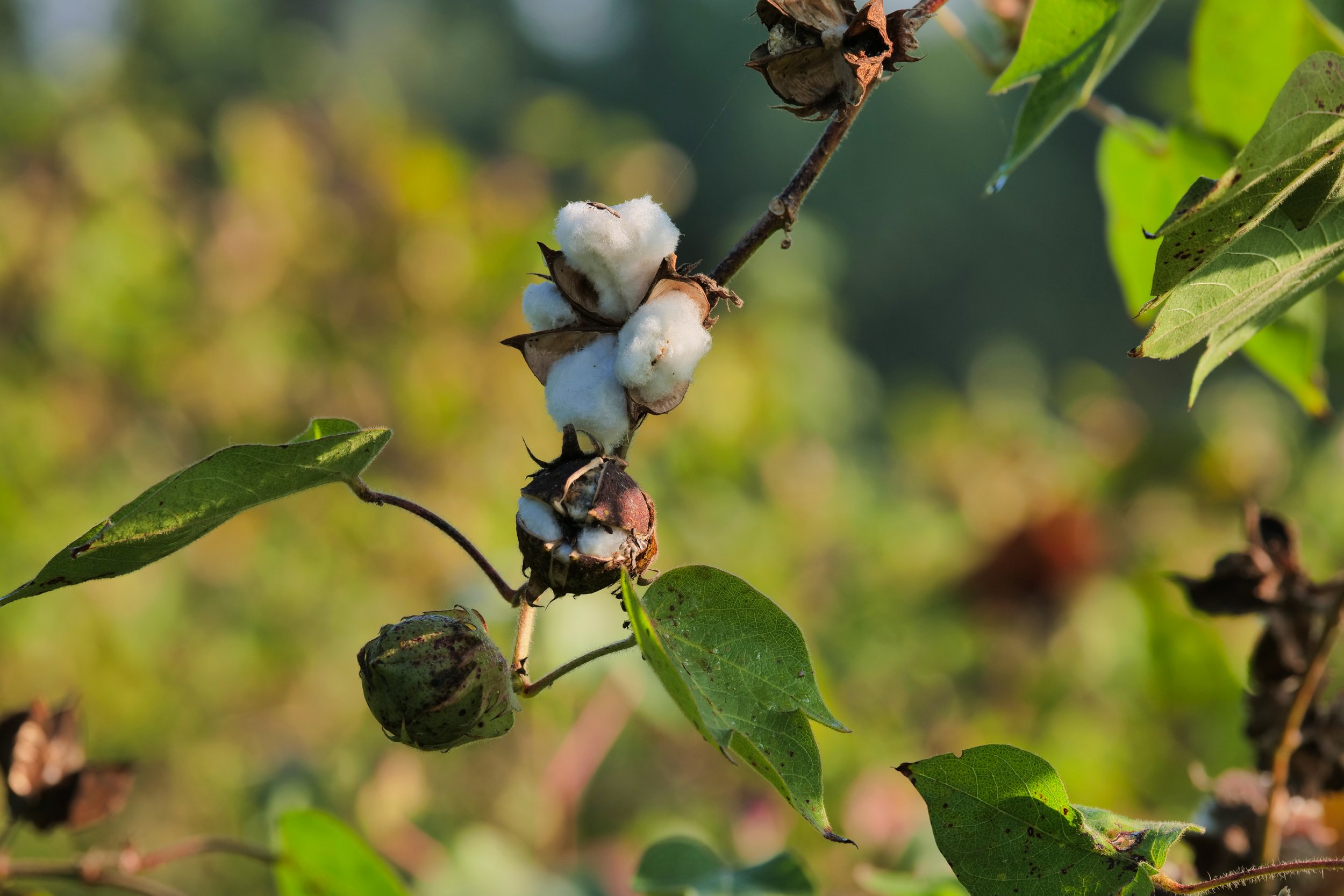Soil health reported as the most important environmental factor in sustainable cotton production
Good soil health, vital for the cultivation of cotton crops, has become the most important environmental factor in sustainable cotton production, according to stakeholders responding to our latest survey (summer 2023).
In 2023, we conducted a survey among our farmers, implementing partners, ginners, and employees, in India, Pakistan, Bangladesh, and China, with a total of 106 respondents.
The survey sought stakeholders’ views on the most important issues for sustainable cotton production, and their recommendations for strengthening our REEL Cotton Programme.
Due to our close contact with those directly involved in sustainable cotton production, the survey provides quantitative and qualitative findings of the real-world issues facing the cotton industry today.
Soil health has become the most important environmental factor for sustainable cotton, increasing from third place in a similar survey conducted in December 2020, overtaking climate change and chemical use.
Soil health (32%)
Climate change (26%)
Chemical use (14%)
Biodiversity (14%)
Water use (13%)
(Percentage of respondents ranking these topics as the most important environmental factor for sustainable cotton production)
Healthy soil with organic nutrients is needed to maintain the quality and yield of cotton cultivated. The deterioration of soil health due to climate change and excessive chemicals threatens the long-term production of cotton.
CottonConnect includes agricultural practices that support soil health, either directly or indirectly, as part of its REEL regenerative sustainable cotton farmer training . These include:
Agroforestry: Agroforestry improves biodiversity, sequesters carbon, protects the plants from extreme weather, and improves water retention. It also improves soil health and reduces dependency of chemical fertilizer and subsequently reduces GHG emissions.
Biochar Production: Used as a soil input, biochar improves soil productivity. Producing biochar from plant bio-mass also permanently captures carbon rather than returning it to the atmosphere, therefore reducing carbon emissions.
Compost or vermicompost for soil management: Using organic manures like compost or vermicompost reduces the use of excessive chemical fertilizer which can cause deterioration of soil health.
Intercropping: Intercropping cotton crops with some leafy vegetables can provide extra nutrients for the soil, which can be used as biofertilizers to replenish the nitrogen level.
Bio decomposition using rotavator and cotton shredder: Biomass decomposition by mixing and shredding residual stalks of cotton, maize, wheat, sugarcane etc., helps to improve soil health by improving soil organic matter to reduce soil erosion.
We supports farmers with soil testing, and constantly pilots innovative and regenerative practices to improve soil health.
Other findings of the survey include:
Health, hygiene and safety remains the most important social factor, with children’s rights/labour rising to second place, from fifth place in 2020.
Cotton market price remains the most important economic factor, with farmer debt rising to second place, from third place in 2020.
A lack of resources and rights compared with men continues to affect women farmers.
To read more about the survey results, please read the Insight Paper ‘Responding to Material Issues in Sustainable Cotton Production’
Sustainable sourcing of raw materials remains a key focus for brands and producers alike. By listening to raw material producers and responding to the material issues in sustainable cotton production in its programmes, CottonConnect supports a resilient and robust cotton supply chain.































